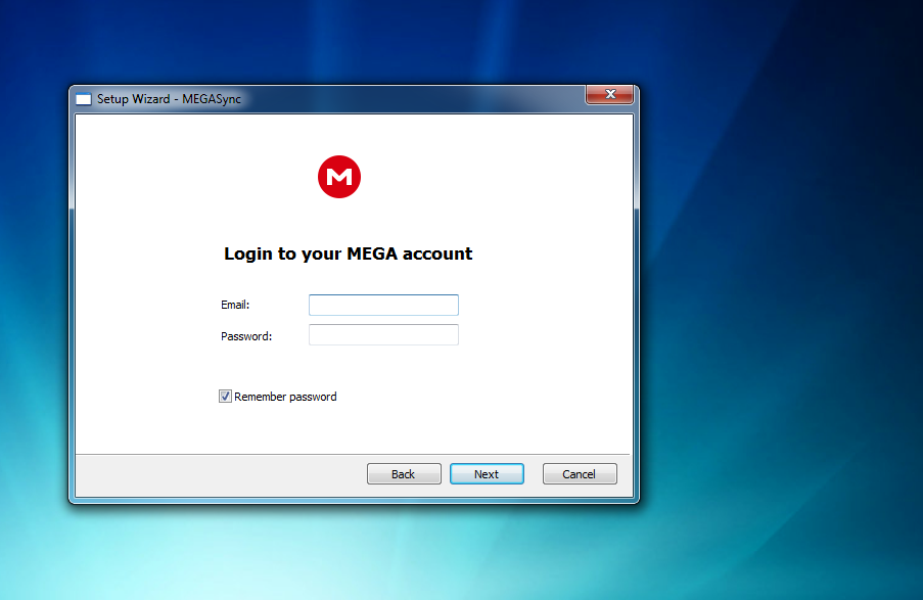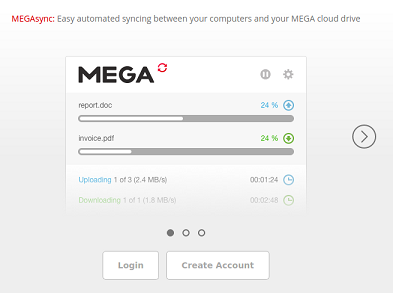

In addition to the ease of intercepting e-mails as they traverse the Internet, the confirmation link could be recovered by government-backed investigators or others with a legal subpoena. "It makes no sense to send a confirmation link with a hash of your password." "Since e-mail is unencrypted, anyone listening to the traffic can read the message," Thomas told Ars.

MegaCracker works by isolating the AES-hashed password embedded in the link and attempting to guess the plaintext that was used to generate it. Security professionals have long considered it taboo to send passwords in either plaintext or as cryptographic hashes in e-mails because of the ease attackers have in intercepting unencrypted messages sent over Internet.ĭespite that admonishment, the link included in Mega confirmation e-mails contains not only a hash of the password, but it also includes other sensitive data, such as the encrypted master key used to decrypt the files stored in the account. Mega e-mails a link to all new users and requires that they click on it before they can use the cloud-based storage system, which boasts a long roster of encryption and security protections.

Steve "Sc00bz" Thomas, the researcher who uncovered the weakness, has released a program called MegaCracker that can extract passwords from the link contained in confirmation e-mails.
#Megasync password cracked#
Yet another security researcher is poking holes in the security of Mega, this time by pointing out that the confirmation messages e-mailed to new users can in many cases be cracked to reveal their password and take over their Mega accounts.


 0 kommentar(er)
0 kommentar(er)
